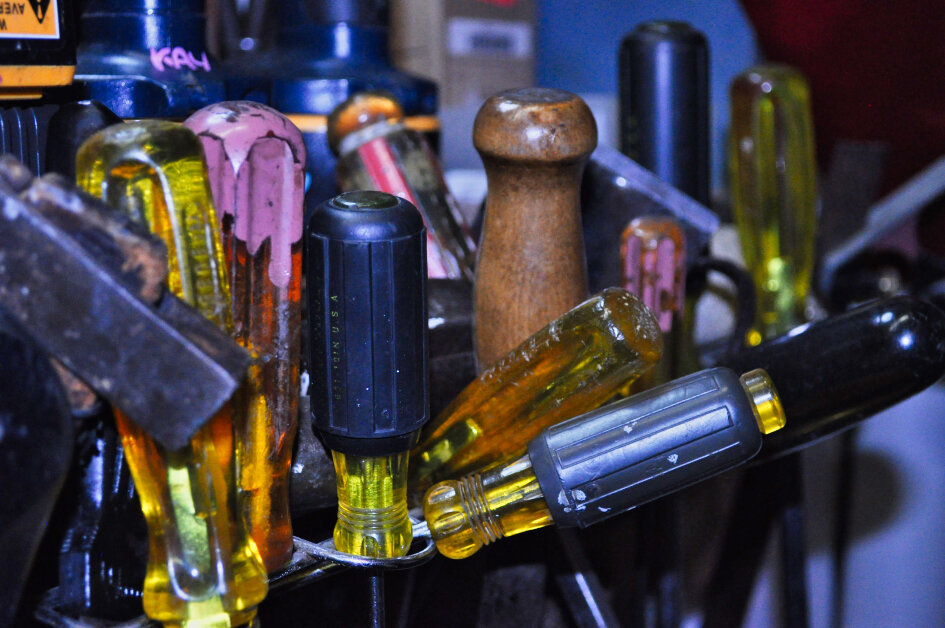Finding Your People Through Finding Your Arena
Instead of looking for your people, focus on what you love to do.
The quote in the photo is attributed to Maya Angelou.
Have you ever wondered how you’re supposed to find “your people,” whatever that means? I have. I’ve been lonely all my life. In fact, some of my first memories are of feeling lonely. If anyone needs to find their people, it’s me. Maybe you feel the same.
Maybe, like me, you’ve tried and failed your whole life to do just that. I’ve tried reaching out online, going to Meetups, attending services at churches with rainbow flags prominently displayed in front, and on and on. I’ve reached deep, challenged myself, put myself out there, just like my therapists said I should. And all for nothing. I never found my people that way.
Exasperated, hopeless, angry, I resigned myself to my loner-hermit existence. Some of us are just meant to be alone. It’s okay, I thought. I’m a misanthrope, what did I expect? I don’t like people and they don’t like me. Back to my cave. It’s cozy there. I get to write and live in my head, it’s all good. So I wrote and wrote, because that’s what I love to do, and I started putting stuff out on a blog.
And then something totally astonishing happened. I mean, this was really unexpected (love it when life throws a surprise at you!). People started reaching out to me. Turns out I had been doing it all wrong before. You don’t find your people through seeking out people. You find them by establishing yourself in your arena. I still like retreating to my cozy cave, but I can feel my community around me, and the more confident I grow in my arena, the less lonely I feel.
What do I mean by arena? This term comes from Brené Brown, and she got it from a speech Teddy Roosevelt gave in Paris in 1910. The gist of Roosevelt’s arena concept is this: when you are challenging yourself in an area of life that you deeply care about, facing the inevitable failures head on, falling down and getting up over and over, you will (and this is the part Brené adds) look around and see people in there fighting with you. These are your people.
Here is the part that I add to this concept: there is more than just one arena. Imagine a complex of arenas. Over that way there’s one where they’re creating medical breakthroughs. Look the other direction and you’ll see one where they’re ministering to the sick at heart. There’s one filled with jokers and comics, because we all need to laugh sometimes. There are arenas for people who really like knitting, or parenting, or scuba diving, or playing video games. And somewhere in there is your arena. That’s what you need to find, because inside you’ll find your people.
So how do you find your arena? To some extent, it’s about experimentation. I tried the academia arena, it wasn’t for me, but I gave it a go. I tried the Washington, DC arena, and while I really enjoyed being in the midst of all the excitement, that wasn’t for me, either. I tried the internet startup arena, nope. I tried the corporate arena, NOPE. I tried the arenas of community involvement and volunteering, and while I appreciate my time spent there, ultimately they’re not for me, either.
My arena is writing about ideas. I’ve always known that, but sometimes you have to venture out and apprentice yourself to life before you circle back around. In the parlance of the current era, I’m a content creator. I research, I think, I analyze, I imagine, I write. And I put that stuff out into the world through my blog and podcast. This is my joy. I never tire of doing it (or rarely), I never have a paucity of things to write or talk about, it gives me life. In this arena, I feel confident of my belonging. I don’t worry about whether or not I’m good enough; I just keep doing what I love and enjoying myself.
That’s the feeling you should be looking for. You’ll know you’ve found your arena when you are so energized and engaged by what you’re doing that you’re prepared to face the inevitable failures. You’re able to see them as part of the privilege of being there. Now, at the beginning you may still lack that self-confidence, and we all grapple with insecurity now and again, but you’ll feel that urge inside of yourself that pushes you forward. Maybe you start at the edges of the arena, and you look at the people there at the center, and you wonder if you belong.
Just keep doing what you love to do, and eventually you’ll be there at the center. And your people will be all around you.



















